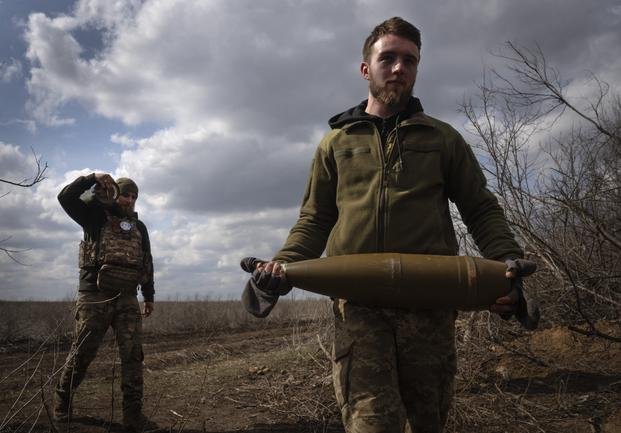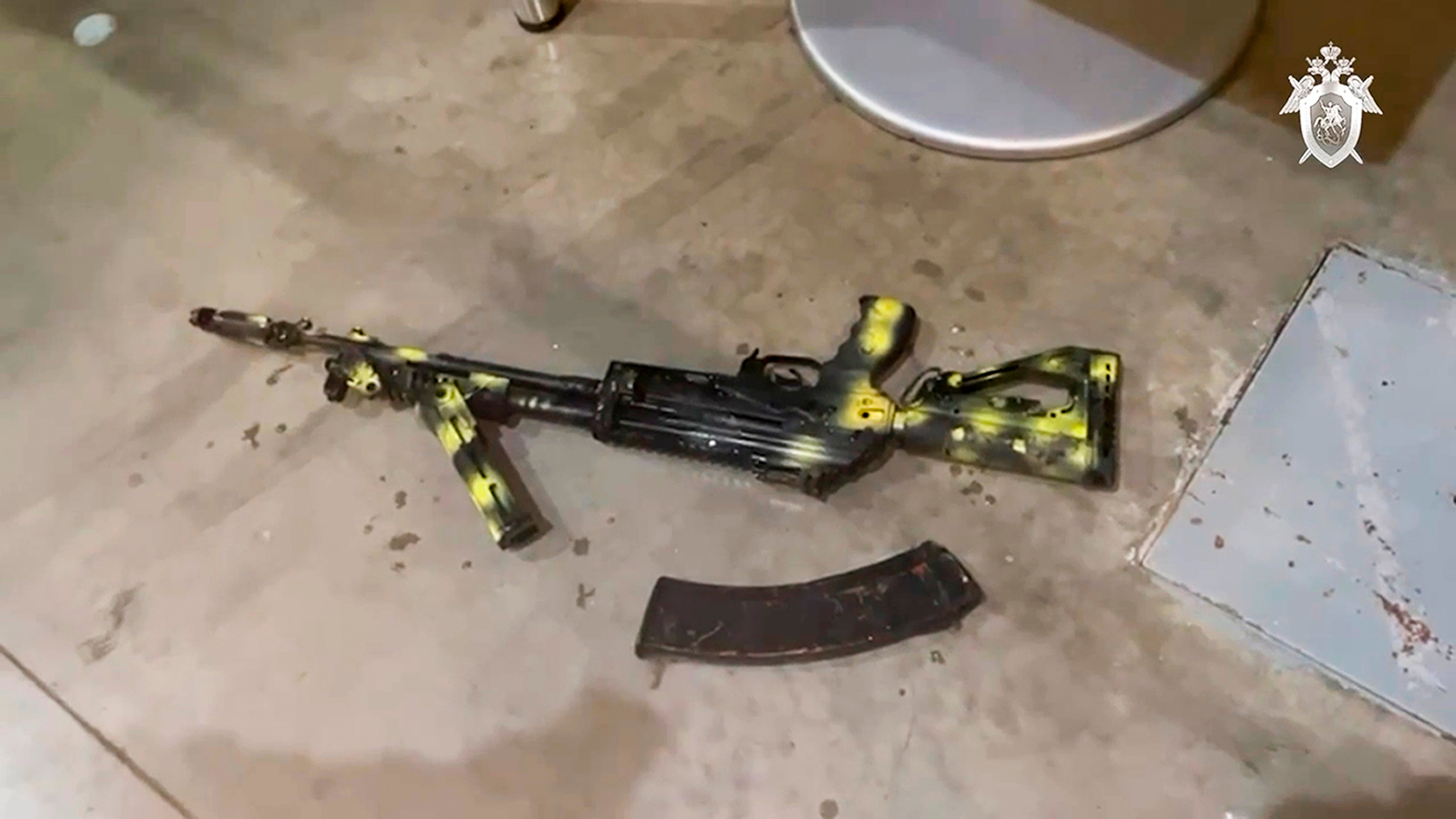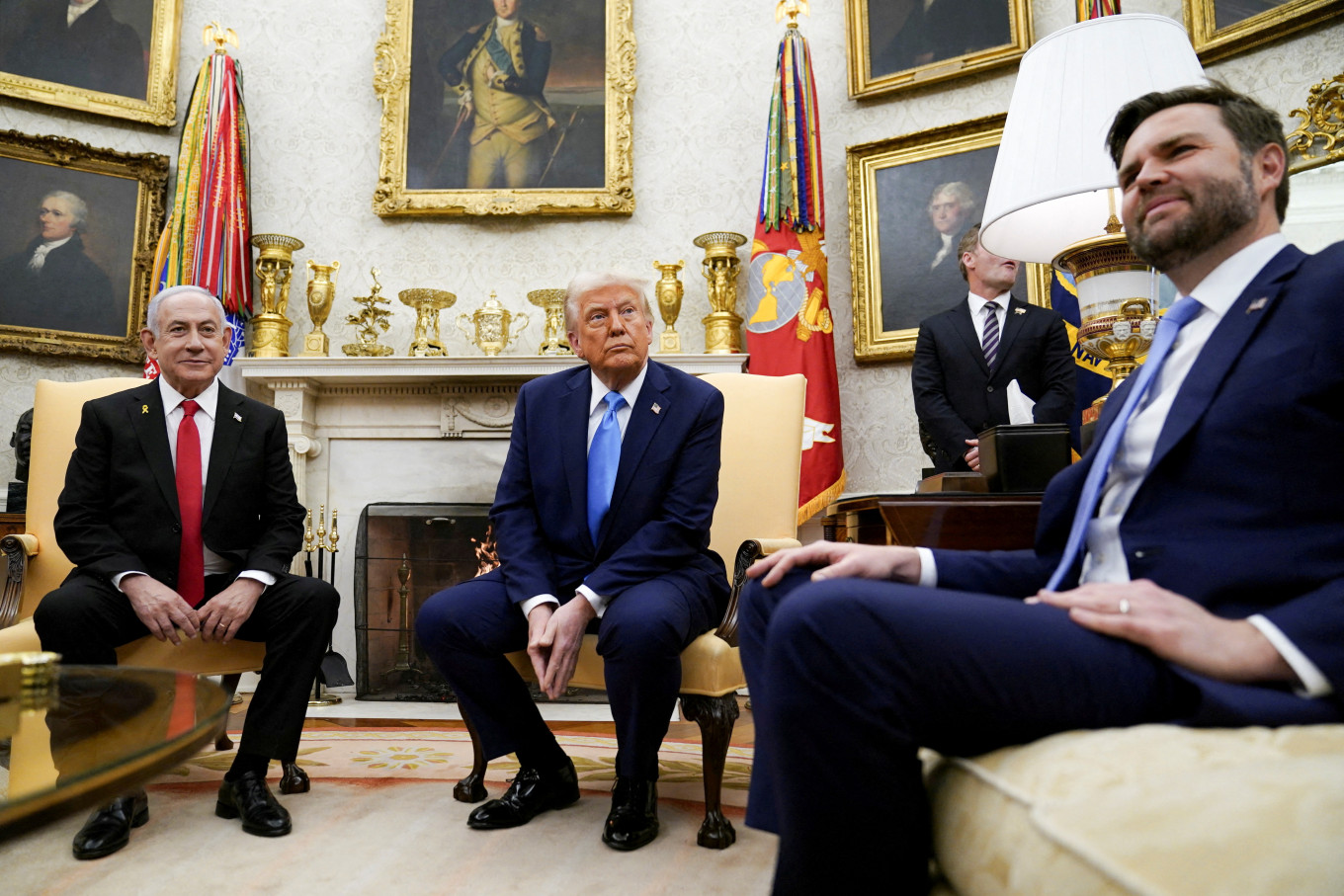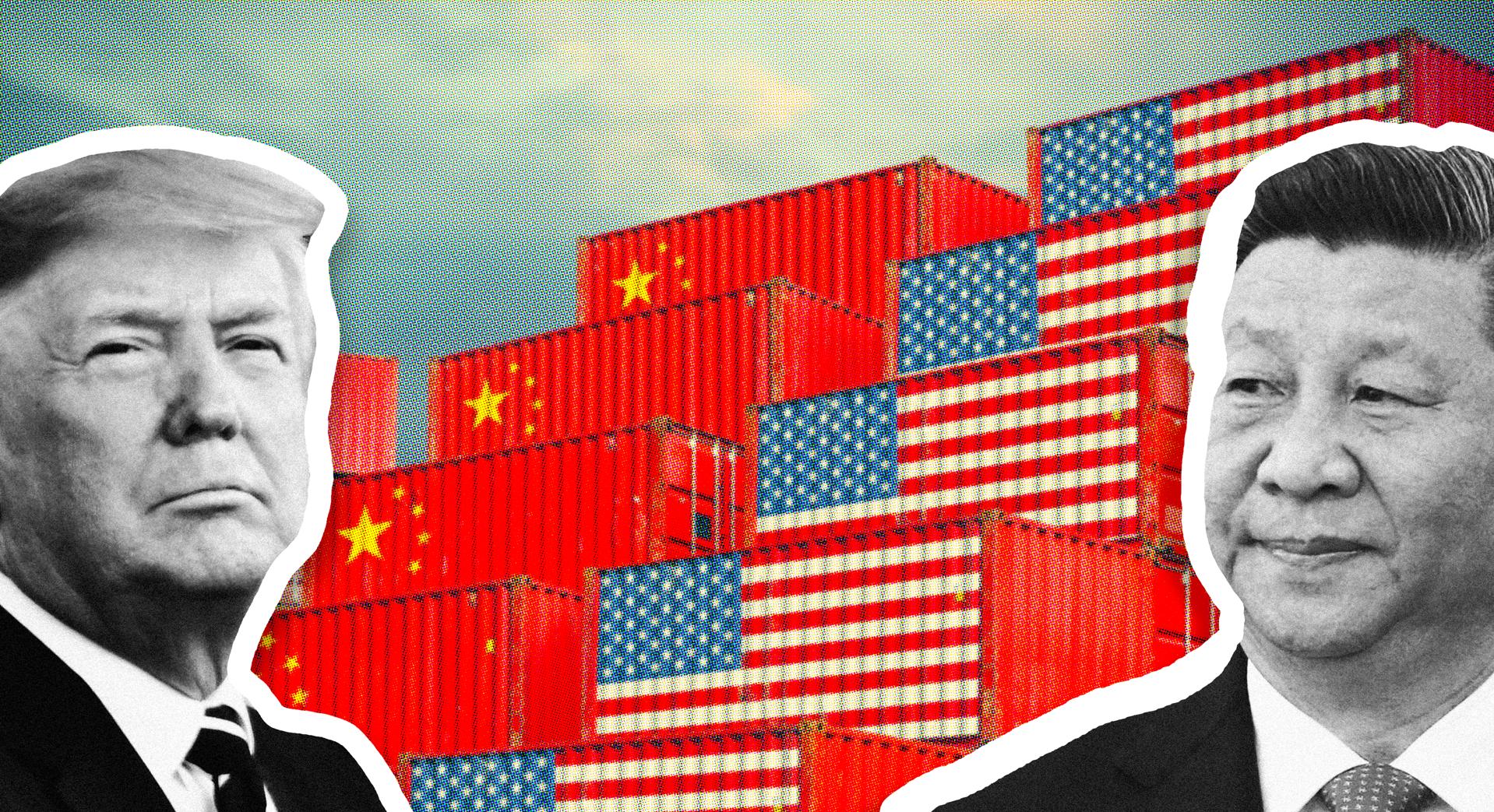Friends, let’s cut through the noise. The situation in Ukraine remains a brutal stalemate, punctuated by worrying escalations. Over the last 24 hours, reports indicate a continued high casualty rate for Russian forces – Kyiv claims 1,110 soldiers lost, a figure we’ll need independent verification on, naturally. But the numbers, regardless of their precise accuracy, signal a grinding conflict.
Russia’s announcement of fully reclaiming territory in the Kursk region is met with fierce denial from Ukraine, painting a stark contrast in narratives. Simultaneously, Ukrainian forces are reportedly maintaining operations within Belgorod Oblast, Russia – a clear signal Kyiv isn’t backing down. We’re seeing a worrying pattern of tit-for-tat actions.
And the civilian toll remains heartbreaking. A Russian drone strike on a residential building in Dnipro killed one and injured at least three, including a child. This isn’t just a military conflict; it’s a humanitarian disaster unfolding in real-time.
Now, let’s talk about the geopolitical chess game. A brief incursion of a Russian military helicopter into Polish airspace, according to Polish Armed Forces, is particularly concerning. Was this a provocation? A test of NATO’s response time? I suspect the latter. Russia is probing, looking for weaknesses.
Understanding the Dynamics: Conflict & Negotiation
Several key aspects are driving the current situation. Firstly, the concept of a ‘stalemate’ isn’t simply inactivity. It’s intense, localized fighting with minimal territorial gains. Secondly, information warfare is critical. Both sides are actively shaping the narrative.
Negotiations are, unsurprisingly, complex. Ukraine confirms the US mineral deal isn’t finalized yet, and Zelensky’s meeting with Trump underscores the search for alternative pathways to peace. Russia maintains a stonewall on negotiations with the US until a clear outcome is visible.
Zelensky’s meetings with von der Leyen and Macron, coupled with Putin’s confirmation of willingness to negotiate without preconditions (via a meeting with US envoy Wittke), signal a potential, albeit fragile, opening for talks. Don’t hold your breath, though. This smells of strategic positioning more than genuine breakthrough. Will geopolitical pressure finally force a real discussion? That remains to be seen.
This isn’t simply about land; it’s about power, security architecture, and the future of Europe. And frankly, I’m deeply concerned.





